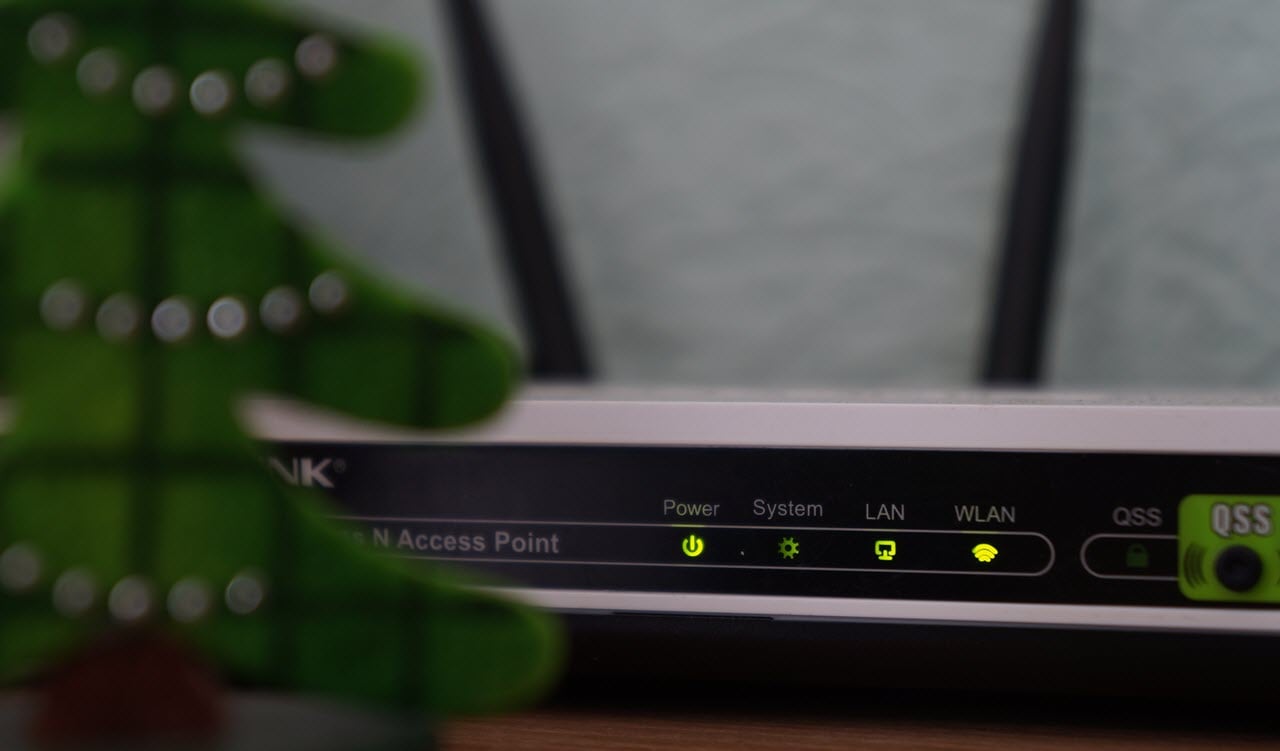Intel announced that it had identified the root cause of the persistent crashing issues with the Raptor Lake CPUs and plans to release a microcode update by mid-August to address these issues. These issues have been a source of frustration for many since the first reports surfaced in December 2022.
A faulty microcode caused CPUs to request elevated voltage levels, leading the processors to operate beyond their safe boundaries. This overvoltage has resulted in various stability issues, including unexplained crashes and blue screens of death (BSODs), particularly during gaming and other demanding workloads.
The upcoming microcode patch aims to correct the voltage requests and stabilise the affected systems. Intel has clarified that this update will not fix CPUs already degraded by overvoltage.
“Based on extensive analysis of Intel Core 13th/14th Gen desktop processors returned to us due to instability issues, we have determined that elevated operating voltage is causing instability issues in some 13th/14th Gen desktop processors,” Intel said. “Our analysis of returned processors confirms that the elevated operating voltage is stemming from a microcode algorithm resulting in incorrect voltage requests to the processor.”
Instead, it is designed to prevent future occurrences of the problem in CPUs that have not yet shown symptoms.
The microcode patch will be distributed through BIOS updates from motherboard manufacturers and via Windows updates. This means the availability of the fix to end-users will vary depending on their specific hardware and software configurations.

Intel has assured that the preliminary tests indicate no adverse performance impacts from the new microcode. However, ongoing testing is crucial, and more detailed information about the performance implications will be shared in the future.
As the microcode update will not reverse any existing damage, Intel has pledged to continue replacing the affected processor. Customers experiencing issues are advised to contact Intel’s customer support for assistance. The company has committed to providing RMAs (Return Merchandise Authorisations) to impacted users.
Previously, Intel has advised users to adhere to basic power guidelines for their processors and avoid running them at fully unlocked settings. This recommendation remains in effect until the new microcode is widely implemented and validated.
Intel also confirmed a separate issue related to the oxidation in its 7nm process node. This issue is rumoured to be linked to the recent instability and was resolved in 2023. The company has ruled it out as a contributing factor the the current CPU crashes.
“We can confirm there was a via Oxidation manufacturing issue (addressed back in 2023) but it is not related to the instability issue,” confirmed Intel.
Intel has not issued a recall for the affected processors and is focusing on finalising and distributing the microcode patch.
“For the Instability issue, we are delivering a microcode patch which addresses exposure to elevated voltages which is a key element of the Instability issue. We are currently validating the microcode patch to ensure the instability issues for 13th/14th Gen are addressed,” concluded Intel.
In the News: Google decides not to phase out third-party cookies in Chrome






